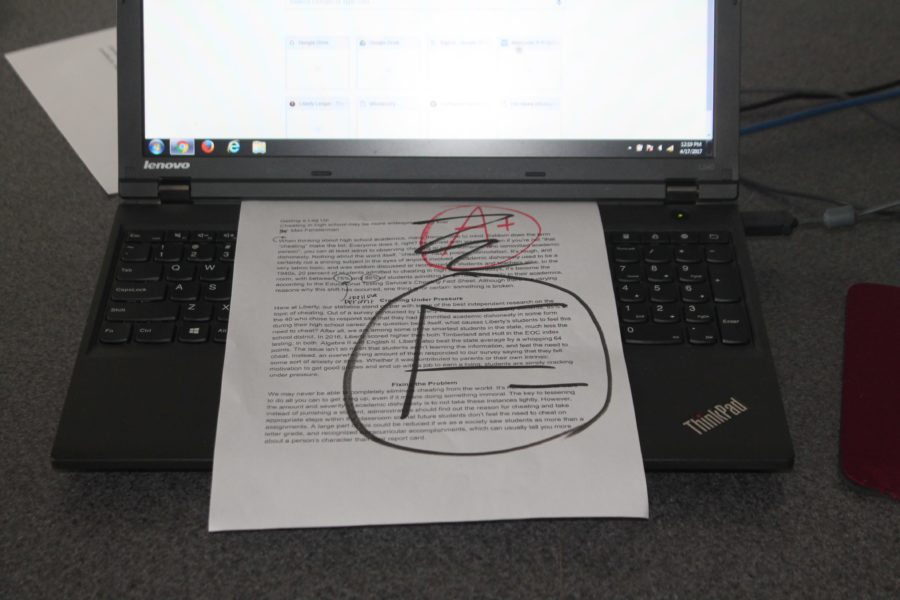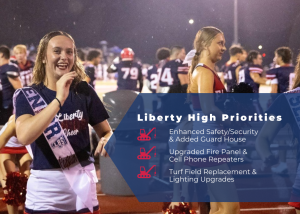Getting a Leg Up
Cheating in high school may be more widespread than ever
April 17, 2017
When thinking about high school academics, many things come to mind. Seldom does the term “cheating” make the list.
Everyone does it, right? Be honest with yourself. Even if you’re not “that person”, you can at least admit to observing cheating or know someone who committed academic dishonesty.
Nothing about the word itself, “cheating,” has a positive connotation. It’s rough, and certainly not a shining subject in the eyes of anyone involved.
Academic dishonesty used to be a very taboo topic, and was seldom discussed or recognized by students and teachers alike. In the 1940s, 20 percent of students admitted to cheating in high school. Nowadays, it’s become the norm, with between 75 percent and 98 percent of students admitting to not having integrity in their academics, according to the Educational Testing Service’s Cheating Fact Sheet.
Although there are varying reasons why this shift has occurred, one thing is for certain: something is broken.
Cracking Under Pressure
Here at Liberty, our statistics stand on par with some of the best independent research on the topic of cheating. Out of a survey conducted by Liberty Publications of 50 Liberty students, 95 percent of the 40 who chose to respond said that they had committed academic dishonesty in some form during their high school career.
The question begs itself, what causes Liberty’s students to feel this need to cheat? After all, we have among the highest-achieving students in the state, much less the school district. In 2016, Liberty scored higher than both Timberland and Holt in the EOC index testing, in both Algebra II and English II. Liberty also beat the state average by a whopping 64 points.
The issue isn’t so much that students aren’t learning the information, and feel the need to cheat. Instead, an overwhelming amount of them responded to our survey saying that they felt some sort of anxiety or stress. Whether it was contributed to parents or their own intrinsic motivation to get good grades and end up with a job to earn a living, students are simply cracking under pressure.
Fixing the Problem
We may never be able to completely eliminate cheating from the world. It’s human nature to want to do all you can to get a leg up, even if it means doing something immoral.
The key to lessening the amount and severity of academic dishonesty is to not take these instances lightly. However, instead of punishing a student, administrators should find out the reason for cheating and take appropriate steps within the classroom so that future students don’t feel the need to cheat on assignments.
A large part of this could be reduced if we as a society saw students as more than a letter grade, and recognized extracurricular accomplishments, which can usually tell you more about a person’s character than their report card.









